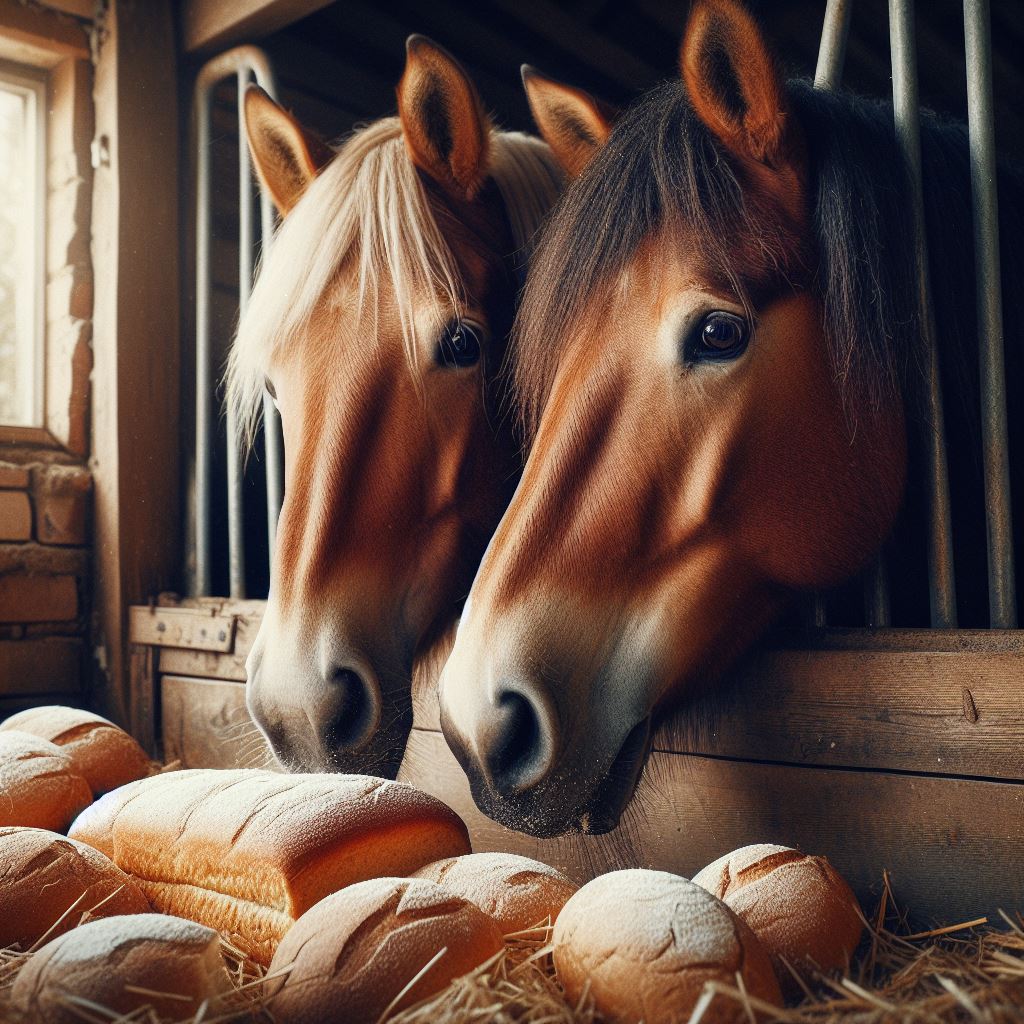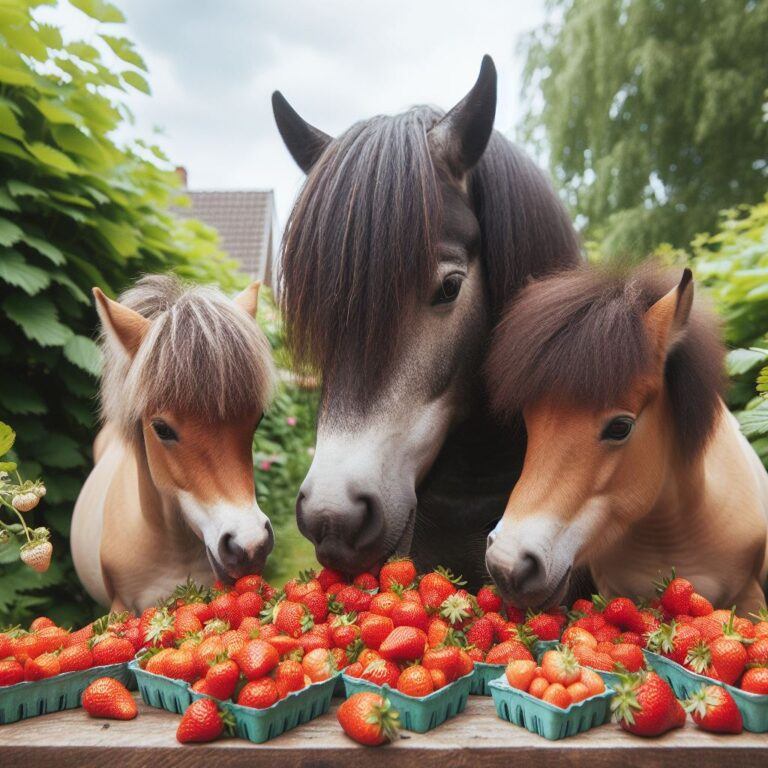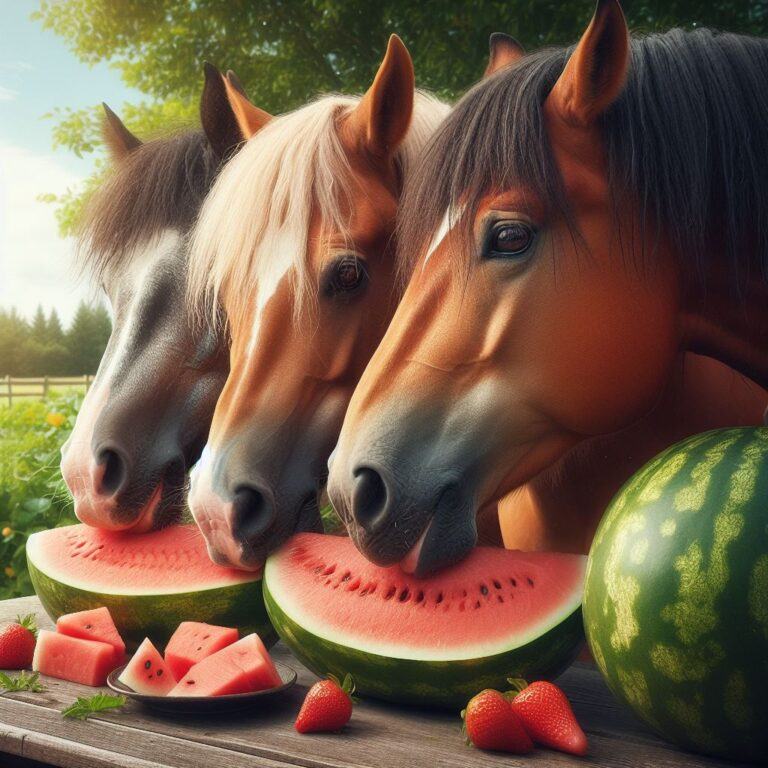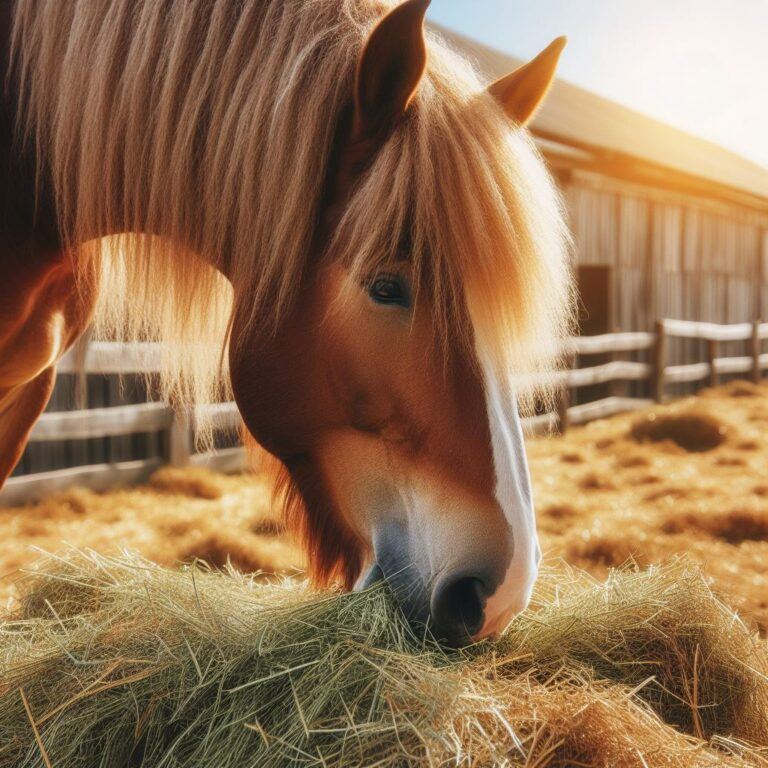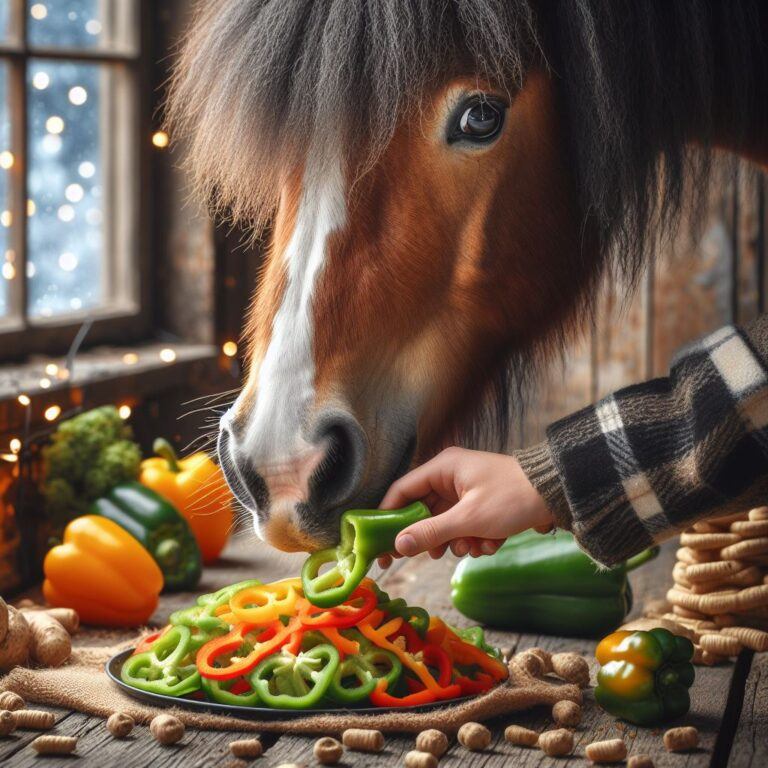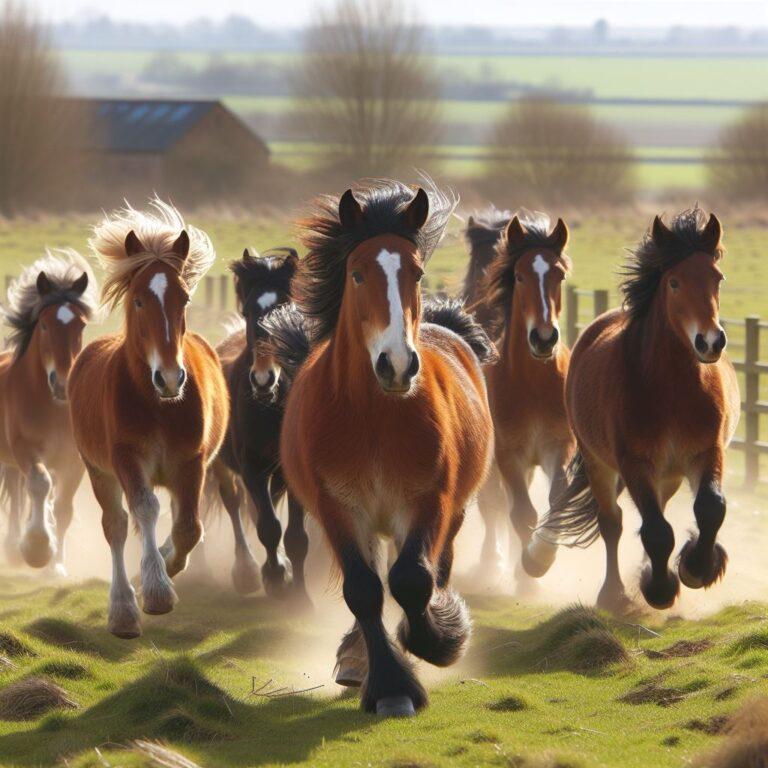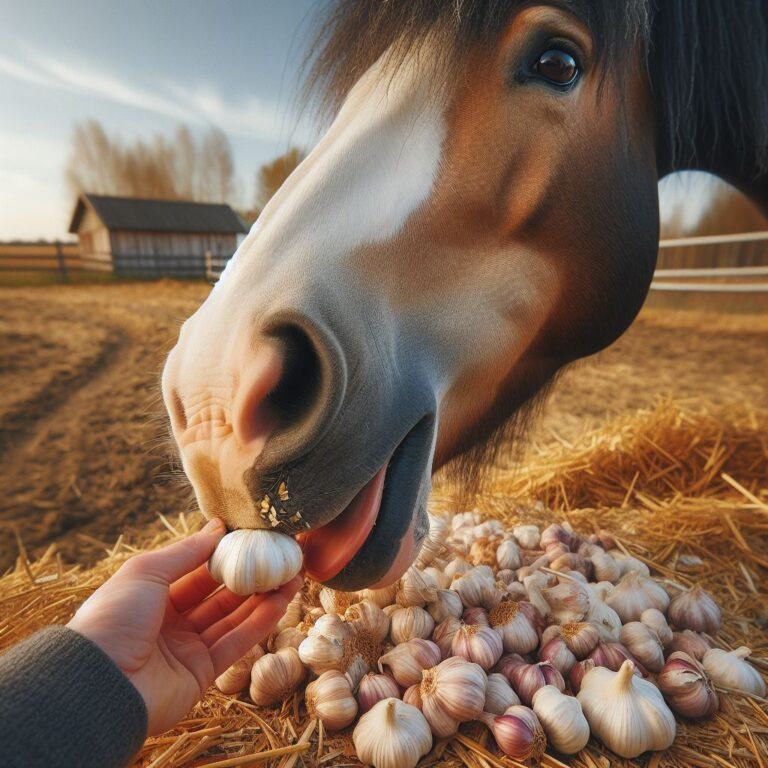Can Horses Safely Eat Bread Routinely
No, horses should not eat bread routinely. While feeding bread to horses might seem like a harmless gesture, it’s important to recognize that bread lacks the essential nutrients that horses require and can disrupt their delicate digestive system.
As responsible horse owners, understanding the reasons behind why bread isn’t a suitable treat is crucial for maintaining our horse’s health.
Why Bread Is Not Suitable for Horses
Bread, typically composed of wheat flour, water, sugar, and yeast, is a staple in the human diet but offers little nutritional value to horses.
Horses need a diet that is high in fiber and relatively low in non-structural carbohydrates. The primary components of bread are simple carbohydrates, which can cause blood sugar levels to spike and lead to health issues like insulin resistance.
Also, the nutritional profile of bread does not align with the nutritional needs of horses. Horses require vitamins and minerals that are absent in bread.
Feeding bread instead of nutritionally rich feed and forage such as fresh hay and pasture grass can lead to deficiencies and imbalances.
Horses have a unique digestive system designed to process large amounts of fiber from grasses and hay. Introducing bread, which contains yeast and quickly fermentable sugars, can disrupt the gut flora, leading to fermentation dysbiosis.
This condition can cause gas, discomfort, and in severe cases, colic, which is a leading cause of death in horses.
Behavioral and Dietary Implications
Regularly feeding bread can also lead to undesirable behavioral changes. Horses might become nippy or pushy, expecting treats during human interactions, which can complicate handling and training.
Over time, these behaviors can pose safety risks to both the horse and handler.
A horse that develops a taste for bread might begin to reject its regular, more nutritious feed in favor of less healthy options. This preference can lead to nutritional gaps that affect overall health and performance.
Instead of bread, consider offering safer, more nutritious treats that horses naturally enjoy and that benefit their health.
Apples, pumpkins, watermelon and carrots are excellent alternatives as they provide vitamins and are fibrous, which is better for the horse’s digestive system.
However, it’s important to feed these treats in moderation to avoid excess sugar intake.
Commercial horse treats are another safe option. These are often formulated to provide additional nutrients that can complement the horse’s regular diet.
When choosing commercial treats, look for options with low sugar and high fiber to align with a horse’s natural dietary needs.
Treats and Consultation with Veterinarians
Treats should only be a small part of a horse’s diet, ideally less than 10% of their total intake. Always introduce any new treat into your horse’s diet gradually to monitor their reaction and ensure it does not cause digestive upset.
It’s also crucial to feed treats in a manner that mimics natural foraging behaviors. Small pieces are not only safer to prevent choking but also allow for prolonged feeding times, which is mentally stimulating for our horse’s.
We must remember though, each horse is an individual with specific dietary needs based on age, health, activity level, and metabolic rate.
Before introducing any significant changes to your horse’s diet, including new types of treats, I always recommend consulting with a trusted vet beforehand.
They can provide personalized advice based on our horse’s health history and current condition.
Ultimately, while it might seem like a kind gesture to share bread with our horse’s, in my opinion, the risks far outweigh the benefits.
Bread does not provide any necessary nutrients for horses and can lead to serious health and behavioral issues.
By choosing healthier treat alternatives and following what I have said here when it comes to treat feeding, you can ensure that your horse remains healthy, happy, and well-nourished.
Always prioritize your horse’s dietary needs and consult with a veterinarian to maintain optimal health!

